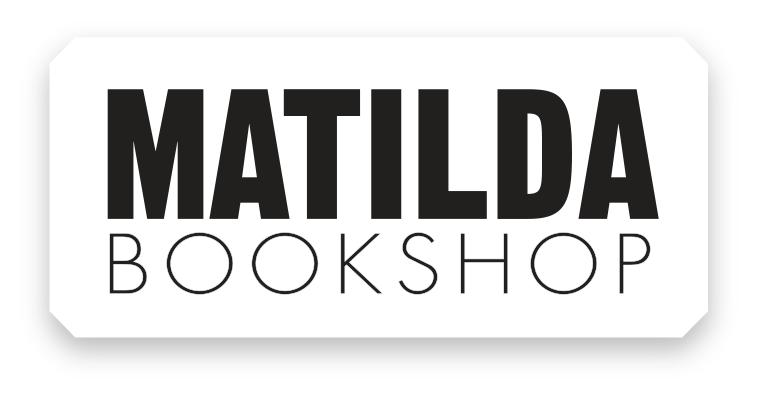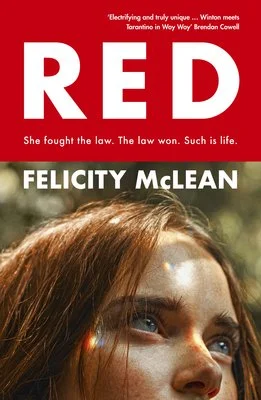
Felicity McLean's debut novel, The Van Apfel Girls are Gone, has been published in more than half a dozen countries. It was a Barnes & Noble 'Discover Great New Writers' pick in the US, and was shortlisted for the Indie Book Awards, and longlisted for the UK's Dagger Awards, and the Davitt.
Her book, Body Lengths, co-written with Olympian Leisel Jones, was Apple Books 'Best Biography of 2015' and won the 2016 Australian Book Industry Awards 'Reader's Choice' for Small Publisher Adult Book of the Year.
1. Why do you write?
I think it stems from my love of books. As Fran Lebowitz put it: “I would never throw away a book – there are human beings I would rather throw out of the window.”
2. Describe Red in one (or two) sentence(s).
Red is a loose contemporary retelling of the Ned Kelly story, where Ned is a mouthy, flame-haired, teenage girl called Ruby ‘Red’ McCoy. The story is set in the years immediately preceding the Wood Royal Commission into police corruption in NSW.
3. Both of your novels evoke a dimly-remembered Australia of rolling suburbs, golden-lit afternoons and haunted cul-de-sacs, what is it about this time and setting that compels you to write about it?
There’s something irresistible about Australian suburban childhoods of the 70s, 80s and 90s, and especially if those suburbs are liminal spaces where residential streets taper off into the bush or towards the beach or the river. Those worlds are beautiful and dark and poignant and funny. Innocent and corrupt at the same time.
4. Were you in any way intimidated by retelling a story that is so deeply embedded in the national psyche?
Hugely. I shelved the idea several times before committing to it but I was intrigued by the way Australians just can’t leave the Ned Kelly story alone.
Why, I wondered, are there more books and songs written about Kelly and his gang than any other historical figure? What do we think Ned Kelly says about us and, how then, would we respond to a female version? Would we judge her more harshly? Would we identify with her? Is Ned Kelly even representative of who we are in 2022? Is his story any less anachronistic in contemporary Australia than, say, American westerns or Greek myths? (And so I threw in a few of those, too.)
5. Red’s voice is so singular and striking, did it arrive on the page fully formed?
It did. I couldn’t start until Red had made herself known.
6. Did you enjoy the creative discipline of telling a story solely from the perspective of a child?
Yes, I find my inner child surprisingly easy to tap into. In fact, I’m not sure how I’d go writing from the perspective of an adult. Perhaps I should start with an immature one.
7. It felt refreshing to read an Australian novel that explicitly addressed class. Do you think we, as a country, often pretend that we don’t have a class system?
Yes, it’s as if we don’t want to address intergenerational poverty and disadvantage. Read Tim Winton on what he calls ‘The C-word’.
8. When and where do you write?
When and where I can. Much of my first novel, The Van Apfel Girls Are Gone, was written at the kitchen table while my toddlers watched TV or slept. Now, I find myself working in the car waiting for drama classes or netball training to finish.
9. What are three things that sustain you as an author, or while you’re writing?
Espresso, scotch, and reading other writers.
10. Name three books that you couldn’t live without.
Fates and Furies, Lauren Groff
Let the Great World Spin, Colum McCann
Selected Poems, Gwen Harwood
bonus question:
what books are currently on your to be read pile?
Forty Nights, Pirooz Jafari
Sunbathing, Isobel Beech
Cold Enough for Snow, Jessica Au


